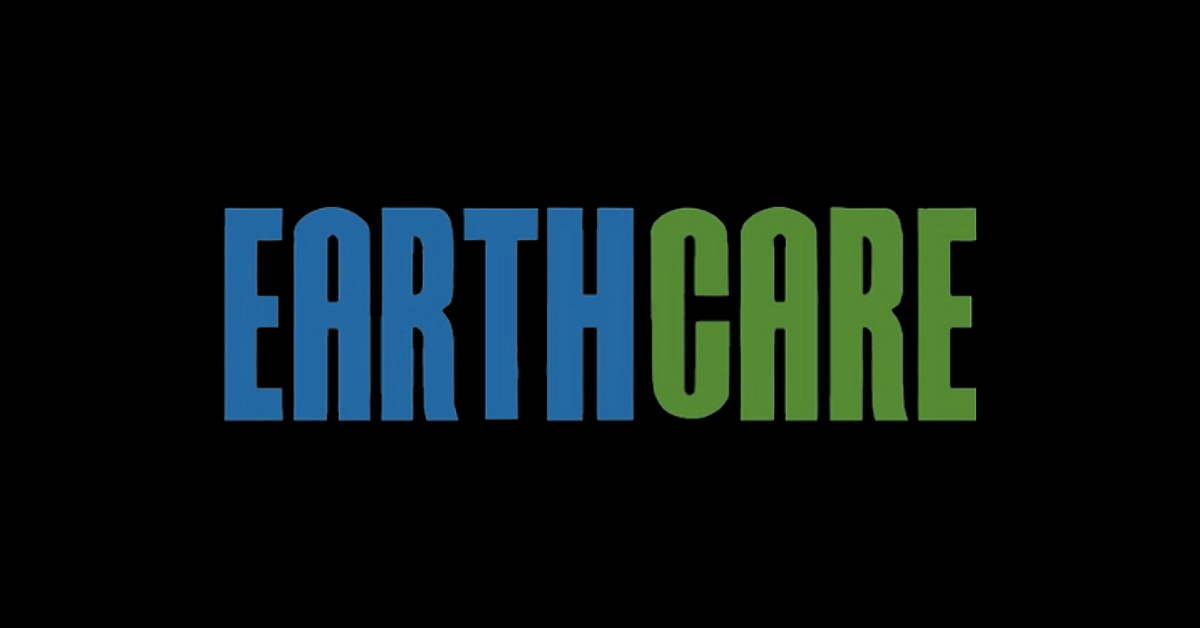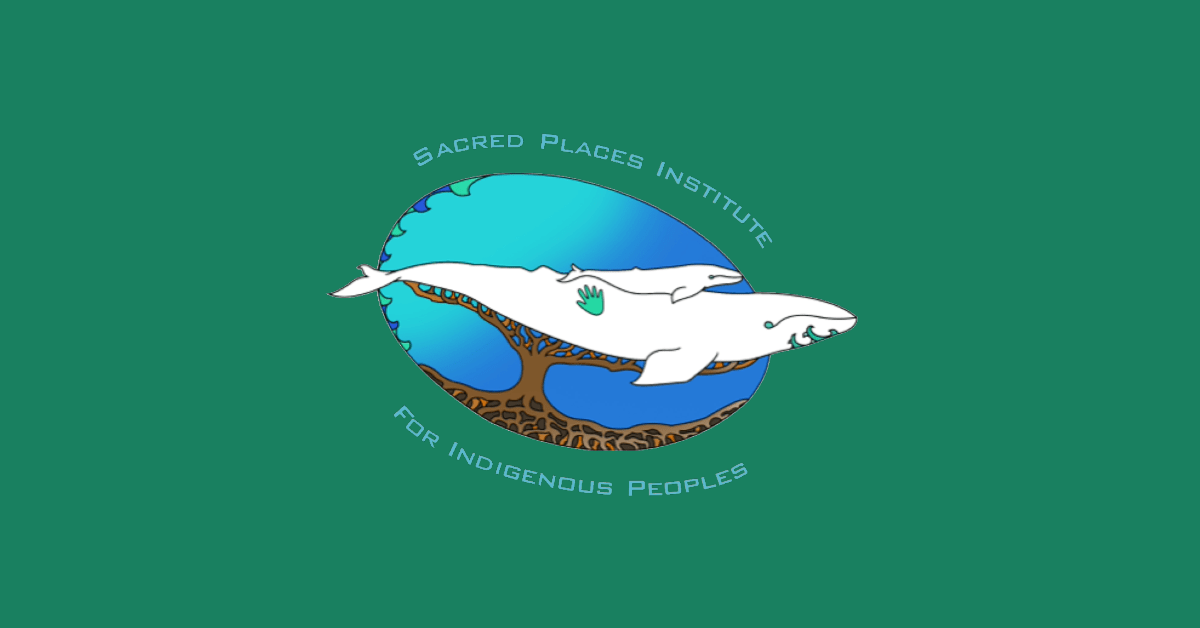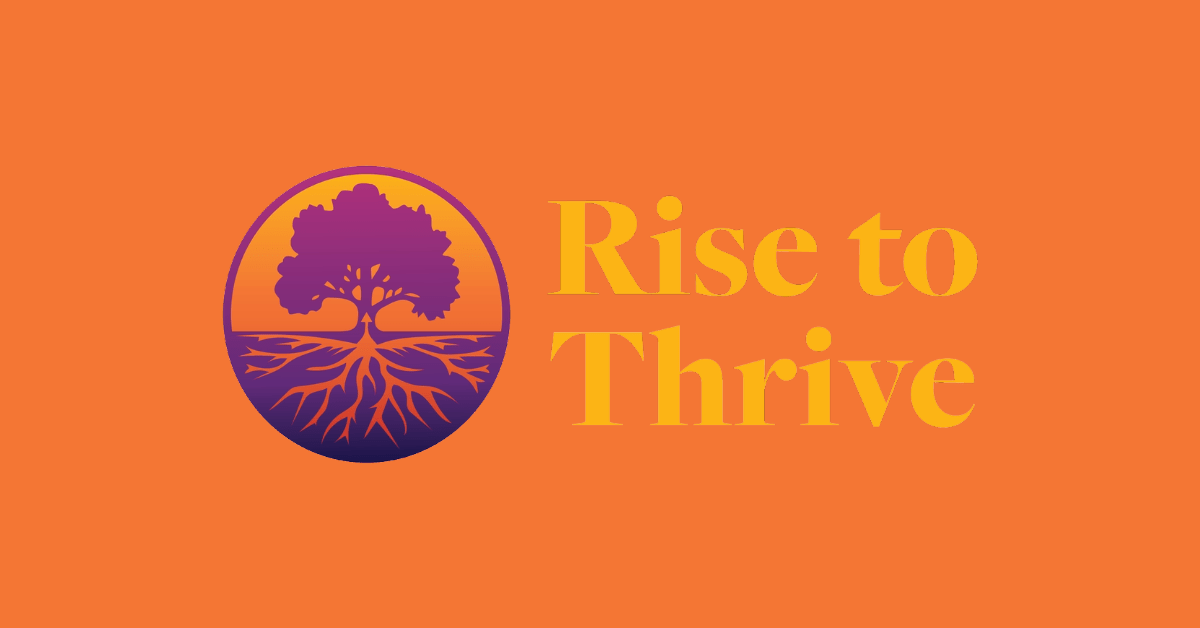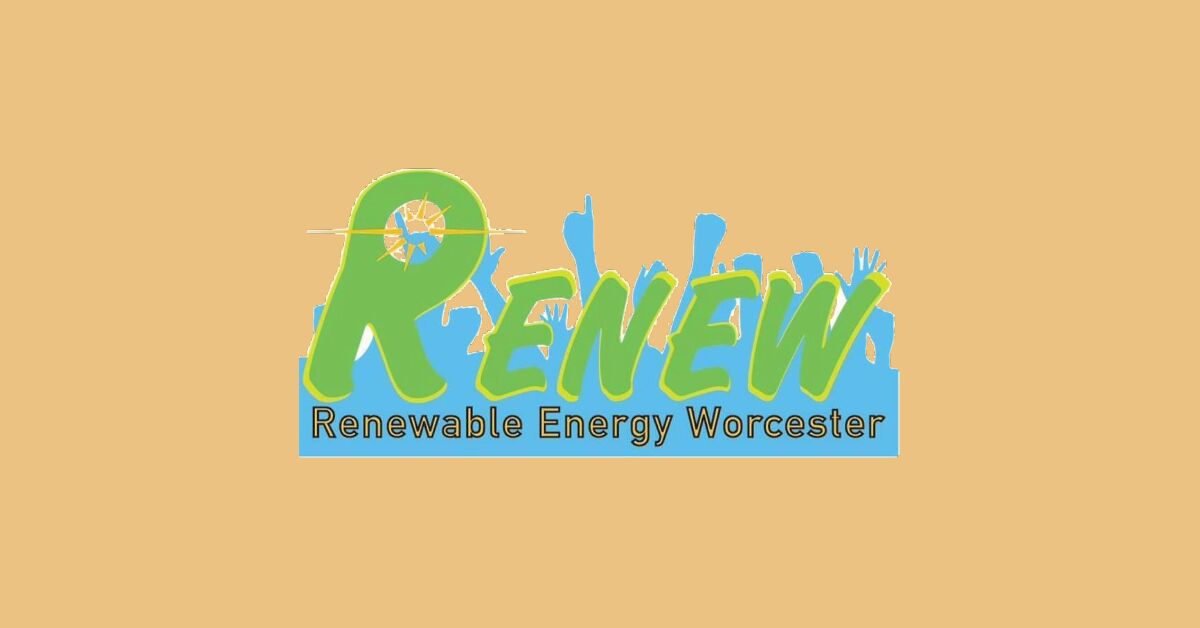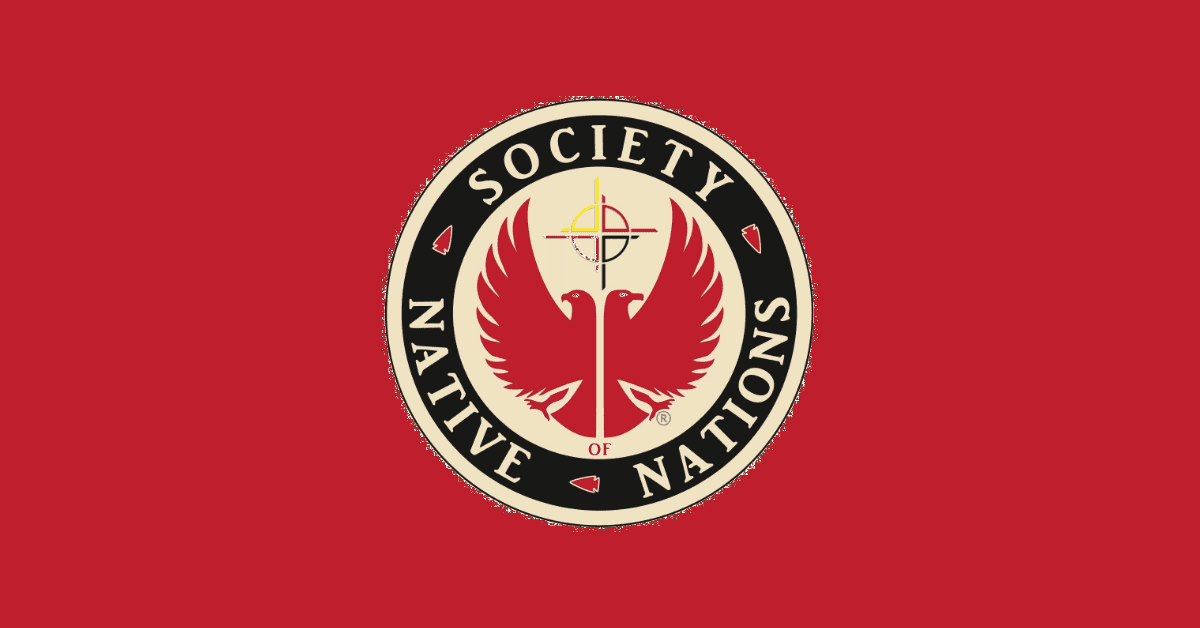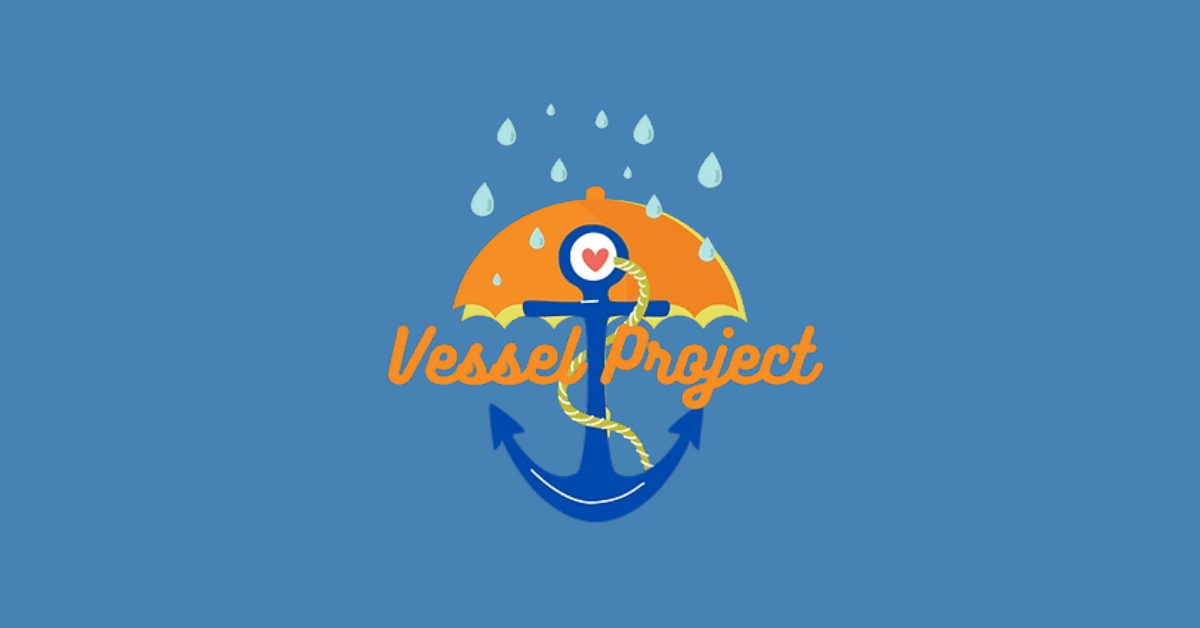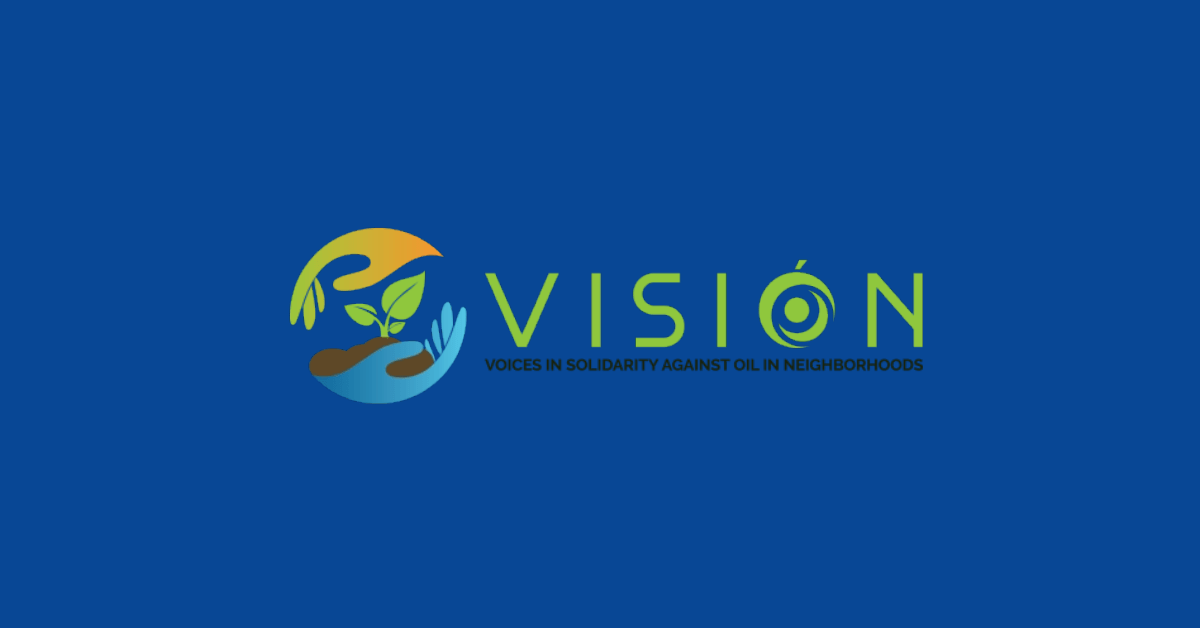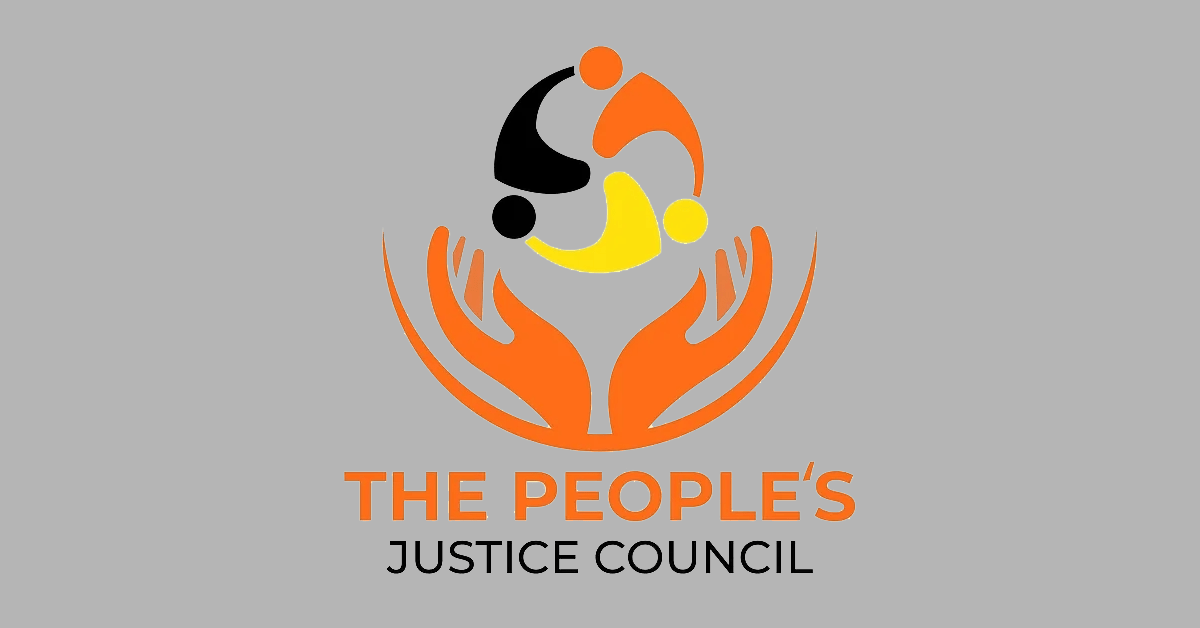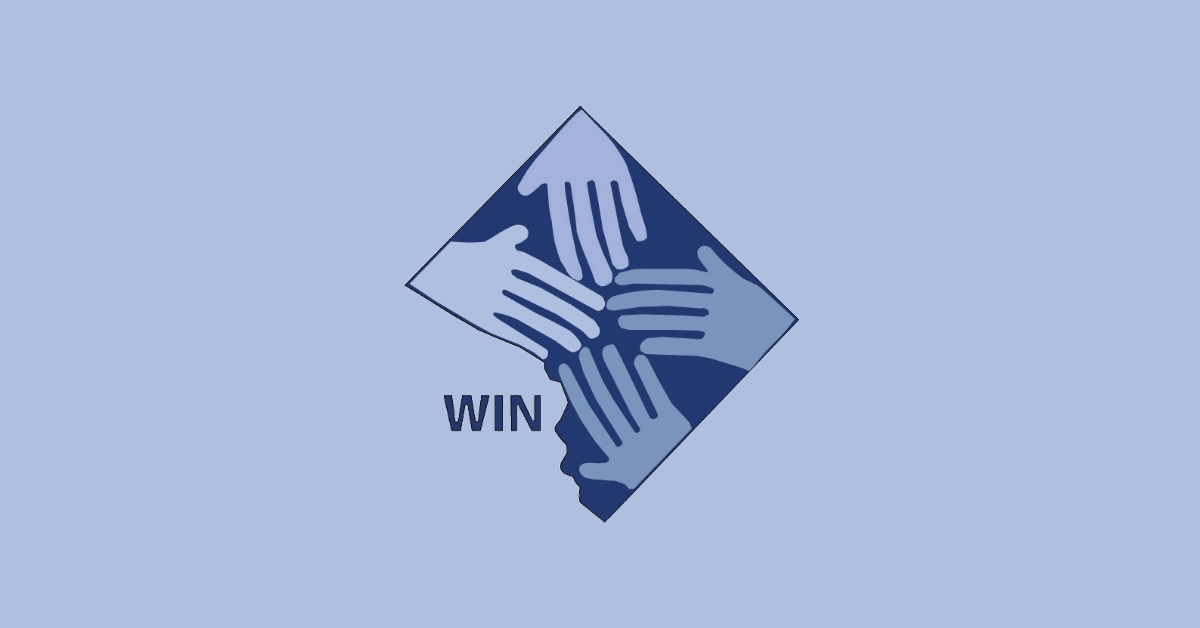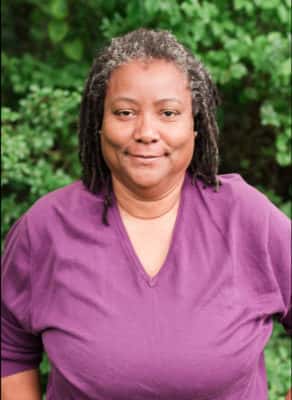
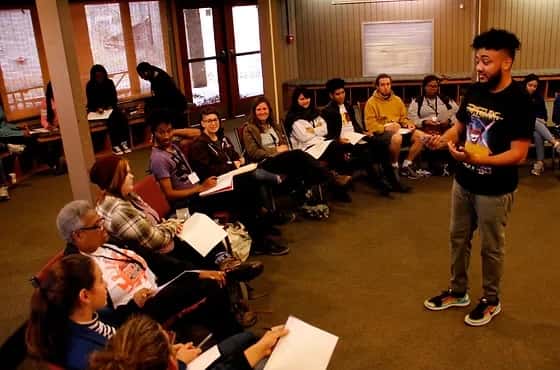

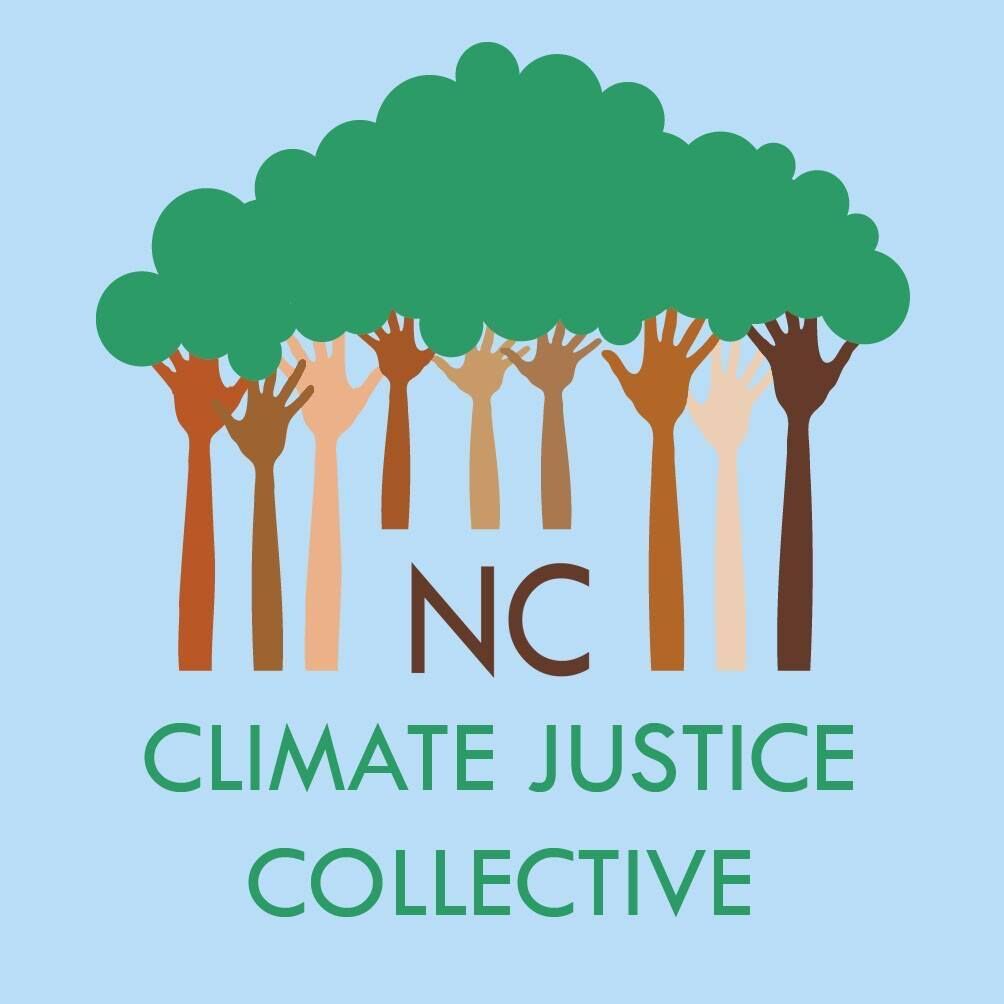
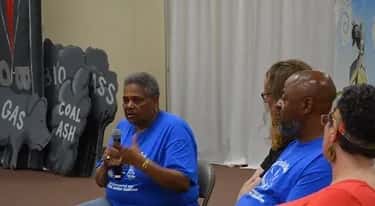
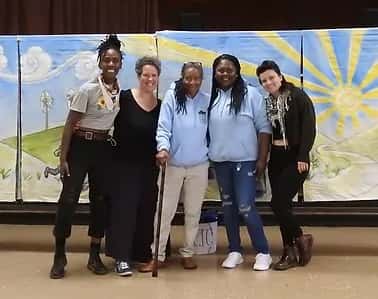
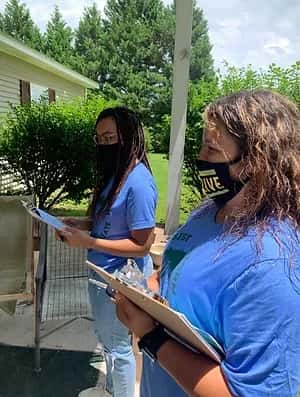
North Carolina Climate Justice Collective
Greensboro, NC
In 2021, Climate Nexus launched an Energy Equity Regranting Project to help resource organizations, tribes, and community leaders on the frontlines of climate change and the impactful work they are doing to fight the gas industry. The energy equity transition grants prioritize grassroots groups with an annual budget of $1 million or less to boost their efforts in racially, ethnically, gender, and culturally diverse communities across the United States and at the intersections of public health and energy justice.
In our second year running the program, 11 organizations received grants ranging from $20,000 to $40,000, including the North Carolina Climate Justice Collective, whose work is detailed below.
Overview
Jodi Lasseter and Connie Leeper started the North Carolina Climate Justice Collective in 2013 because they didn’t want just to bring a chair to the table; they wanted to create their own table. With an intersectional approach that is rooted in cultural organizing and popular education, they work to address environmental issues that directly impact North Carolinians living on the frontlines of extractive industries and climate change.
Activities
Jodi Lasseter and Connie Leeper started the North Carolina Climate Justice Collective in 2013 because they didn’t want just to bring a chair to the table; they wanted to create their own table. With an intersectional approach that is rooted in cultural organizing and popular education, they work to address environmental issues that directly impact North Carolinians living on the frontlines of extractive industries and climate change.
Activities and Outcomes
There are five issues that NCCJC consistently organizes around:
- Gas infrastructure, including pipelines, compressor stations, liquified “natural” gas facilities, power plants, and false solutions like “renewable natural gas” from industrial agriculture
- Coal, coal ash, and proposals to reburn coal
- Wood pellet manufacturing and deforestation
- Extreme weather disasters, resilience-based organizing, and climate resilience planning
Sixth North Carolina Climate Justice Summit
After a hiatus due to the ongoing COVID-19 pandemic, NCCJC hosted its sixth North Carolina Climate Justice Summit from August 25 – 27, which provided an interactive, inclusive space to enhance the connection between groups with unequal power, like youth and adults.
Holding Toothless Regulators Accountable
NCCJC has been organizing a steep uphill battle against the North Carolina Utilities Commission, whose job is to regulate the state’s monopoly utility run by Duke Energy, which has tremendous influence over state politics and policy. Recently, Duke Energy released an updated carbon plan that purports to reduce emissions by replacing coal with methane gas and threatens to phase in false solutions such as so-called renewable natural gas, all while raising utility costs for consumers.
Leading Statewide Coalitions
NCCJC is the founder of Thrive NC, a growing network of organizations representing the intersection of the movement for environmental, climate, and economic justice. NCCJC is also a founding partner of the Climate and Jobs Roundtable, which is focused on building labor’s contribution to transforming the state’s economic and political systems toward a regenerative economy that supports workers, protects the environment, and paves the way for a sustainable future.
Lessons Learned
Connie Leeper, NCCJC Co-Founder and Co-Director, reflected, “So the country girl in me, you know, has to talk about the pacing, the scaling, and the timing to see change in our lifetime. I can be impatient, and I want to see the results right away. And this climate justice work is not that kind of party. For me, it would be always having to pay attention to the fact that organizing and community building is really slow work, and it’s a process. And for it to have good outcomes, we got to get out of our own way.”
Jodi Lasseter, NCCJC Co-Founder and Co-Director, said, “All the isms of domination–racism, sexism, classism–and on and on it goes are also tripping us up because we think because we’re progressive-minded people. We’re engaged in movement-building and we think those things aren’t at play inside of our organizations and between our organizations. But they very much are. So I’m really hungry for us to be able to have accountability processes where we can call each other in and be really courageous and deal with these conflicts and deal with these hurt places and understand that there is tremendous collective trauma and be able to get to a new place and how we can work strategically together.”
Future and Sustainability
NCCJC is cultivating regional resiliency hubs to provide interactive, culturally relevant training in resilience-based organizing. These hubs provide a space for respite, connection, and consciousness-raising. NCCJC hopes they can be a platform to galvanize a just transition and to develop a foundation for a local regenerative economy as an alternative to the extractive fossil fuel economy.
NCCJC hopes to expand the process of a year-long cohort training of grassroots organizers from all of their hubs on energy justice. They also want to expand the staff positions they need over the next two to three years to grow into the green jobs workforce.
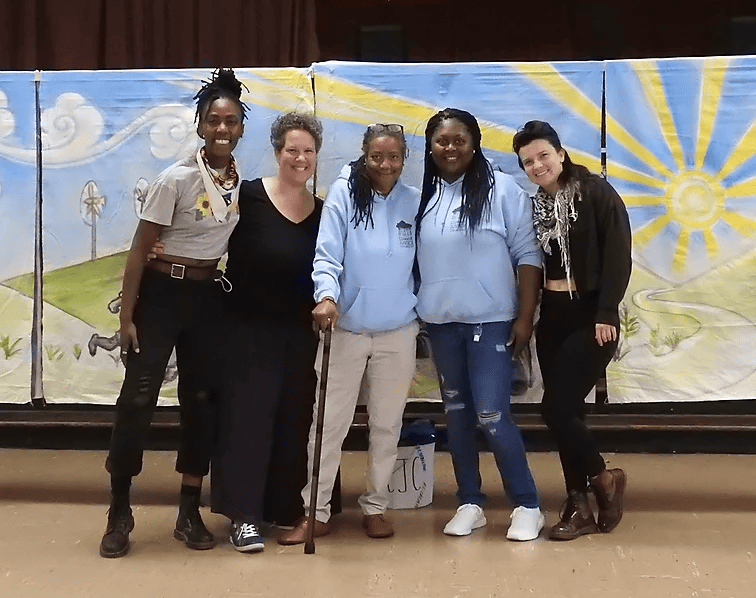
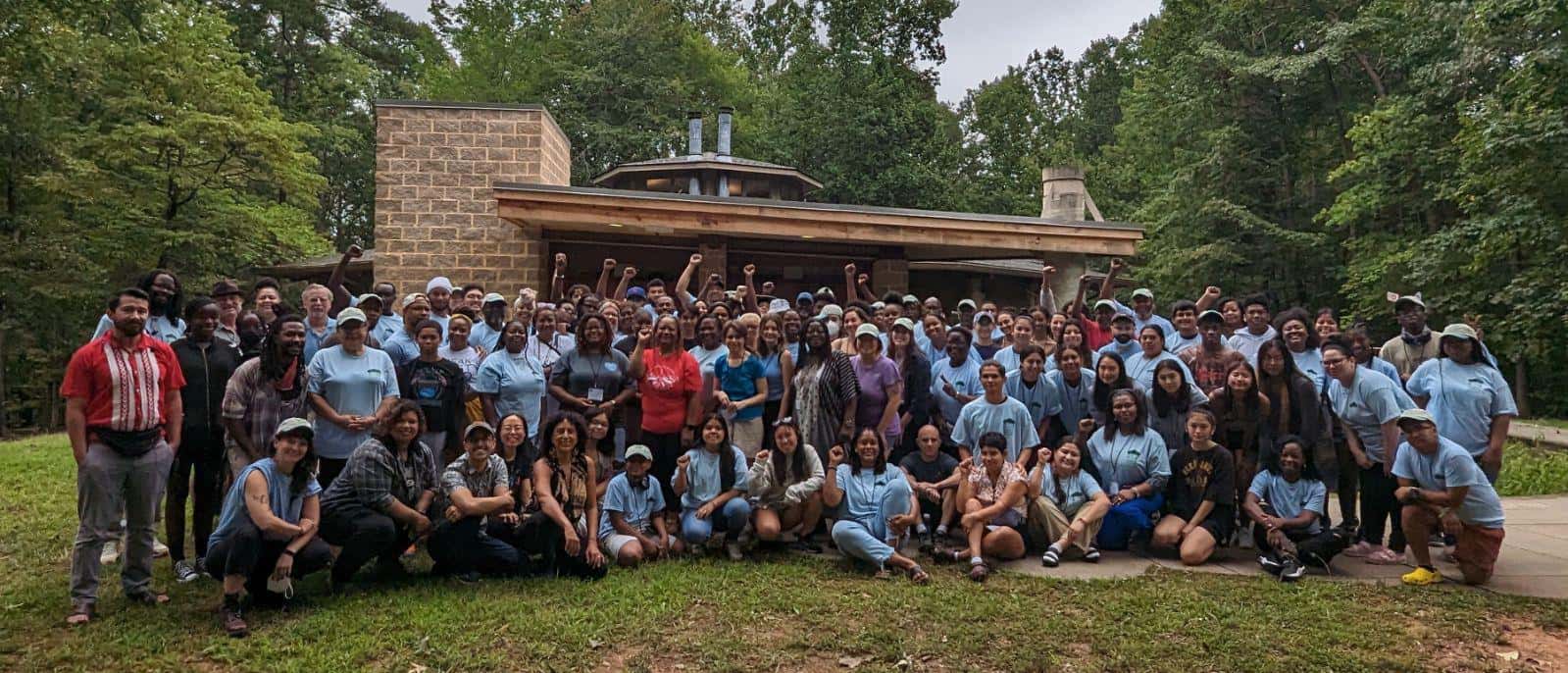

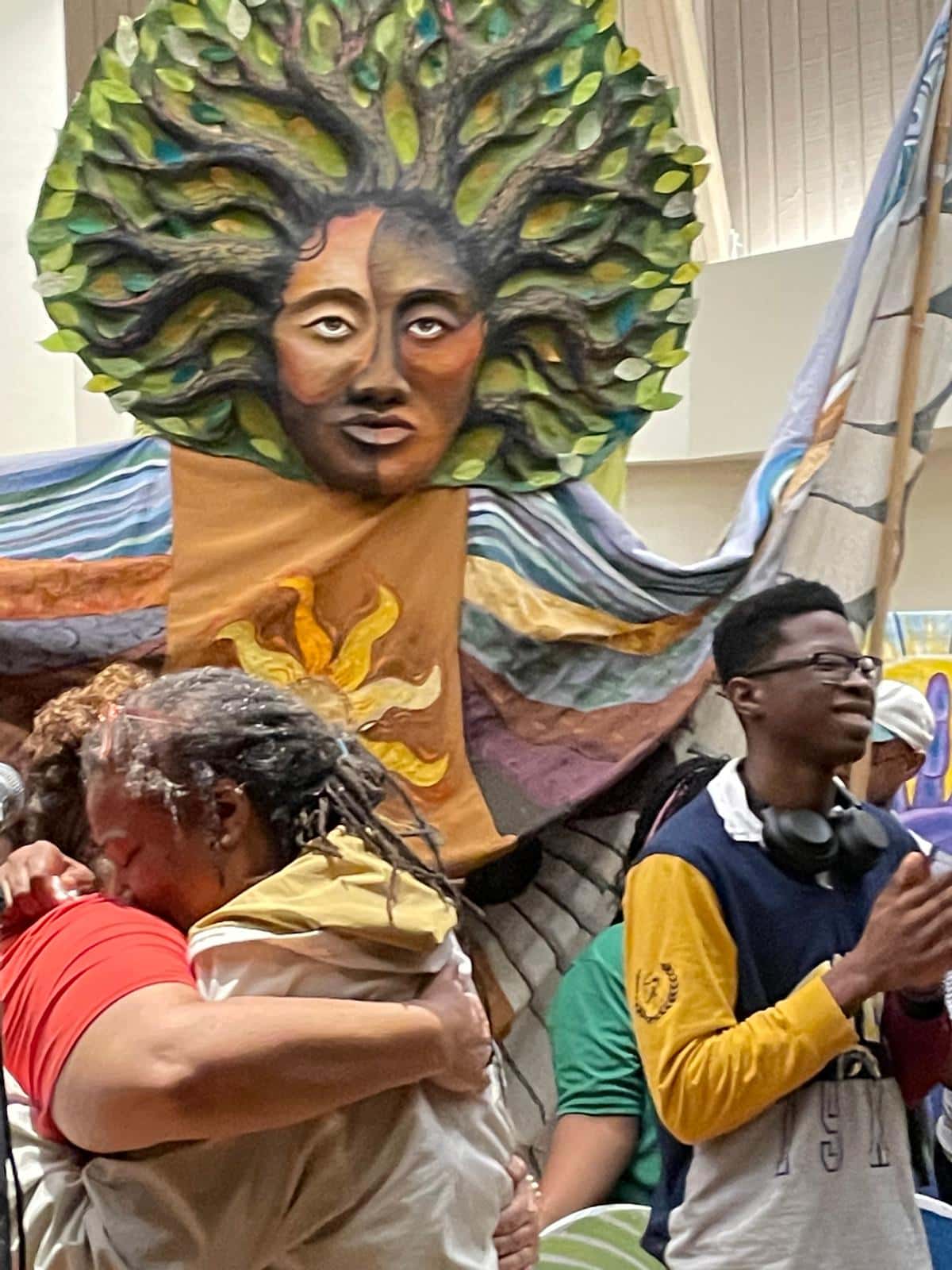





Filter Grantees by Year:
-

Earth Care
Earth Care is fighting false solutions like hydrogen and carbon capture, and is building public awareness of the health dangers of fracking.
-

Sacred Places Institute for Indigenous Peoples
The Sacred Places Institute for Indigenous Peoples is a forum for tribal communities to protect sacred sites and advance environmental priorities.
-

Rise to Thrive
Rise to Thrive builds community among Women and Femmes of Color across the country to catalyze a shift of power within the environmental movement.
-

RENEW Worcester
RENEW Worcester advances energy projects that prioritize communities and the buildout of affordable, renewable energy.
-

Viet Voices
Viet Voices educates San Diego’s Vietnamese community about sustainability, environmental health, and accessible housing.
-

Society of Native Nations
The Society of Native Nations works in Texas and California to contest the oil, gas, and petrochemical buildout from the Permian Basin to the Gulf Coast.
-

The Vessel Project of Louisiana
The Vessel Project is a mutual aid organization supporting people in Calcasieu Parish by meeting their emergency needs efficiently and without barriers.
-

VISIÓN
VISIÓN works with community organizations to establish health and safety buffer zones between oil wells and homes and schools.
-

7 Directions of Service
7 Directions of Service is fighting to cancel the Mountain Valley Pipeline’s Southgate Extension and to advance Rights of Nature laws.
-

People’s Justice Council
PJC organizes not-for-profit electricity coops around Montgomery and is organizing their constituency around energy and environmental justice.
-

Washington Interfaith Network (WIN)
Washington Interfaith Network is working to help low- and moderate income DC households switch from fossil fuels to clean and efficient electric heating.
-

Mississippi Citizens United for Prosperity
MCUP advances energy equity in Black and Indigenous communities by training women in clean energy contracting and project management.


